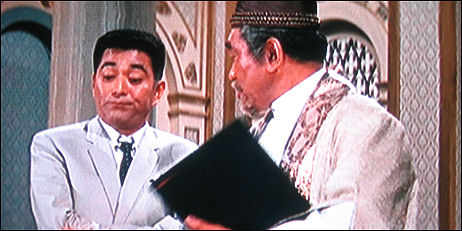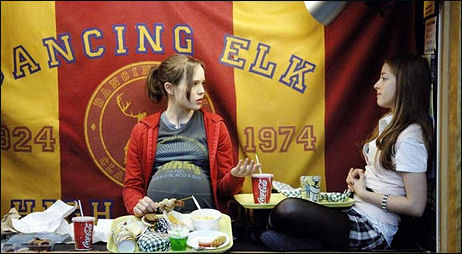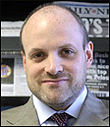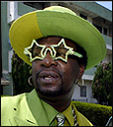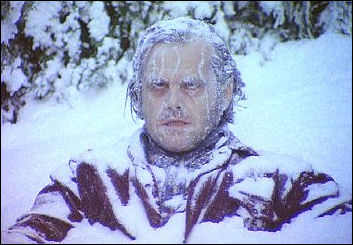MSNBC bosses have caved to the Clintonistas over the David Shuster/Chelsa Clinton/”pimping out” flap. Shuster apologized this morning, which was probably the smart thing to do, but what he said wasn’t wrong. At all.
The hoo-hah exploded Thursday when Shuster, guest-hosting an MSNBC news program, suggested that the Clinton campaign had “pimped out” the 27 year-old Chelsea by having her make calls to three of the four cohosts of The View (Joy Behar, Whoopi Goldberg and Sherri Shepherd) and also call Democratic Party super-delegates on her mom’s behalf.
Yesterday Clinton communications director Howard Wolfson blasted Shuster for using the term “pimped out,” calling the comment “beneath contempt” and disgusting. Only an odious and disingenuous blowhard would say such a thing. Jumping through angry hoops and putting on the bluster because (I’ll bet $100 bucks here and now) Chelsea’s mom blew a gasket.
Wolfson knew exactly what Shuster was saying, which was that the Clinton campaign, looking to attract support from the View girls and a smattering of super-delegates, either prompted or at least approved of Chelsea using her fame and youthful charm and first-daughter aura to try and engage their support. Coarse as it may sound, this strategy was not all that different from a smart pimp telling his girls to strut down the street in front of a salesmen’s convention. Shuster chose an off-color expression, yes, but TV demands the use of simple colloquialisms and everyone got it without having a hiccup or a hissy fit.
The top-dog representative of a campaign that’s been run as connivingly, desperately and avariciously as Hillary Clinton’s calling Shuster’s comment “beneath contempt” and “disgusting” is pretty funny. It’s all the more offensive to me considering that Wolfson’s thug tactic (saying yesterday that “I, at this point, can’t envision a scenario where we would continue to engage in debates on that network”) worked. This morning on NBC’s Morning Joe, Shuster apologized, regretting that some saw it as “pejorative.” All it was was candid and colorful.
This, ladies and gents, is the Hillary Clinton machine in action — snarling, slashing, harumphing, threatening. It’ll be a dark day in Mudville if she wins the Democratic nomination. If only there was some way to vote for John McCain.



